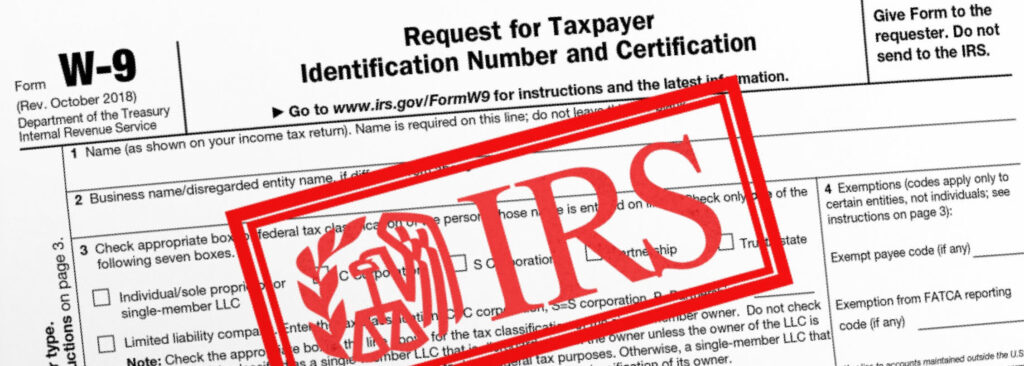Foreign tax is a bit complicated. We can explain some important matters regarding:
- Travel (if you will be out of country for 330 days)
- Foreign bank accounts (FBAR disclosures and tax return for any account, account over $10K at any time, and over $50K at any time)
- Cutting California residency if this is the case and how to support this position
Top 10 Things to Know About Foreign Taxes
A Starting Place
- USA taxpayers who earn or make income abroad need to file a USA tax return. This is because the US taxes worldwide income.
- The Foreign Earned Income Tax Exclusion (FEIE) and the Foreign Tax Credit reduce or eliminate double taxation.
- You are eligible for a deduction if you are out of the country 330 days or more within a one-year period. This is time based and can be achieved over a partial year.
- The Foreign Tax Credit can be used instead of the FEIE which is common when actually paying foreign tax in another country and making more than the FEIE limits.
- There are also foreign housing related possible deductions.
- Caution on all foreign bank account reporting requirements from having any account, an account over $10K at any time, and an account over $50K at any time. Thresholds are subject to change.
- Be sure to cut CA ties as needed. CA rules and time requirements are different than from of the IRS.
- A tax extension is a likely first step in the first year you move to another country.
- You may need to wait at least 330 days after leaving the country before receiving any partial FEIE benefit.
- If you are self-employed and abroad, you will need to pay USA self-employment tax unless paying something similar in the foreign country where you work.
- Investment income will typically be USA taxed and not qualify for the FEIE.
- Track your travel schedule well and plan, plan, plan to ensure the proper deductions.
- There are many exceptions to all of the rules. Please consult a tax professional early and plan.
Here are some of the more common disclosure and reporting issues we see. For all things foreign be extremely careful regarding:
- Foreign asset ownership / Two types of disclosures
(https://www.irs.gov/businesses/comparison-of-form-8938-and-fbar-requirements) - Ownership in foreign partnerships or non-publicly traded mutual fund equivalents
(https://www.irs.gov/forms-pubs/about-form-8621) - Ownership of your own foreign company
(https://www.irs.gov/forms-pubs/about-form-5472)
(https://www.irs.gov/forms-pubs/about-form-5471) - Operating any foreign branch equivalent
(https://www.irs.gov/forms-pubs/about-form-8858) - Foreign trust related disclosure
(https://www.irs.gov/businesses/international-businesses/foreign-trust-reporting-requirements-and-tax-consequences) - Hiring foreign contractors
(https://www.irs.gov/forms-pubs/about-form-w-8-ben) - Foreign earned income exclusion
(https://www.irs.gov/individuals/international-taxpayers/foreign-earned-income-exclusion) - Foreign tax credit
(https://www.irs.gov/individuals/international-taxpayers/foreign-tax-credit) - Relating to business acquisition in general
(https://www.irs.gov/forms-pubs/about-form-8594) - Annual Return To Report Transactions With Foreign Trusts and Receipt of Certain Foreign Gifts
(https://www.irs.gov/forms-pubs/about-form-3520)



